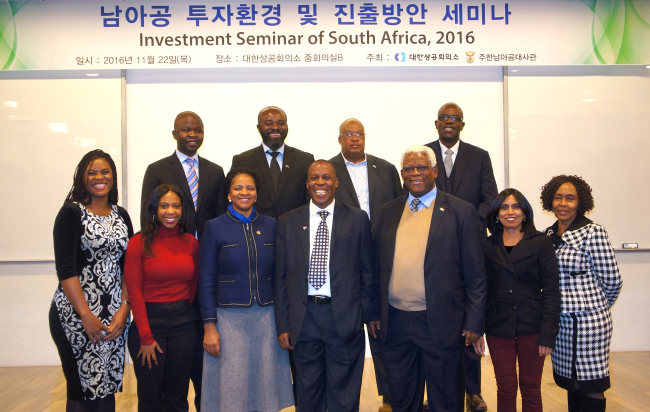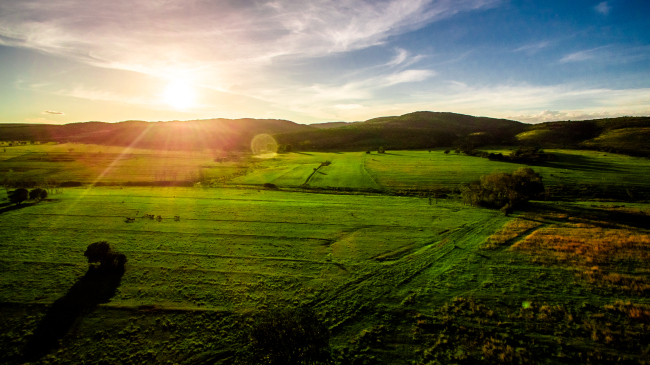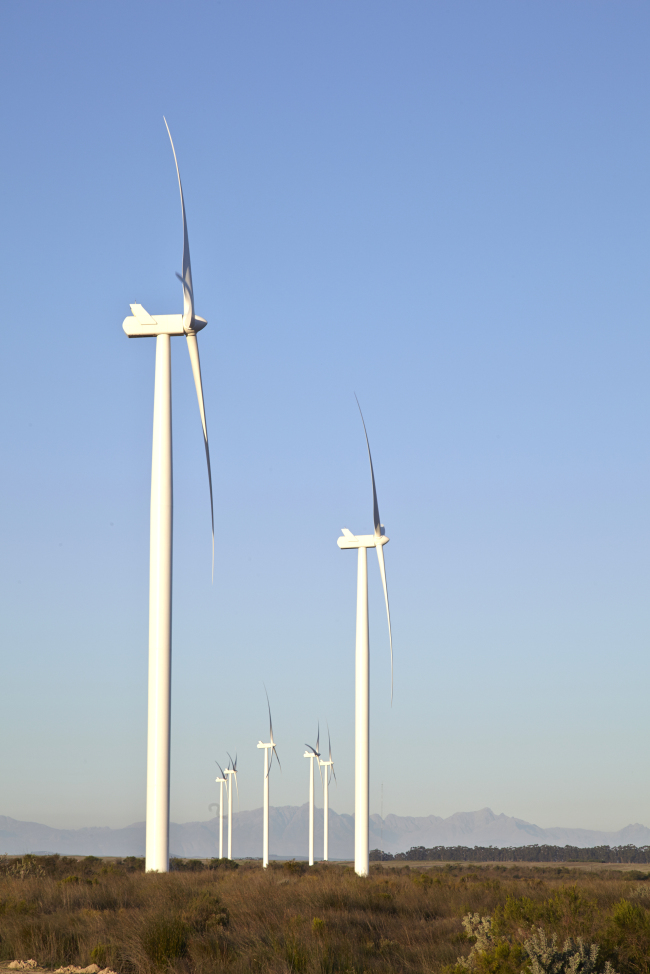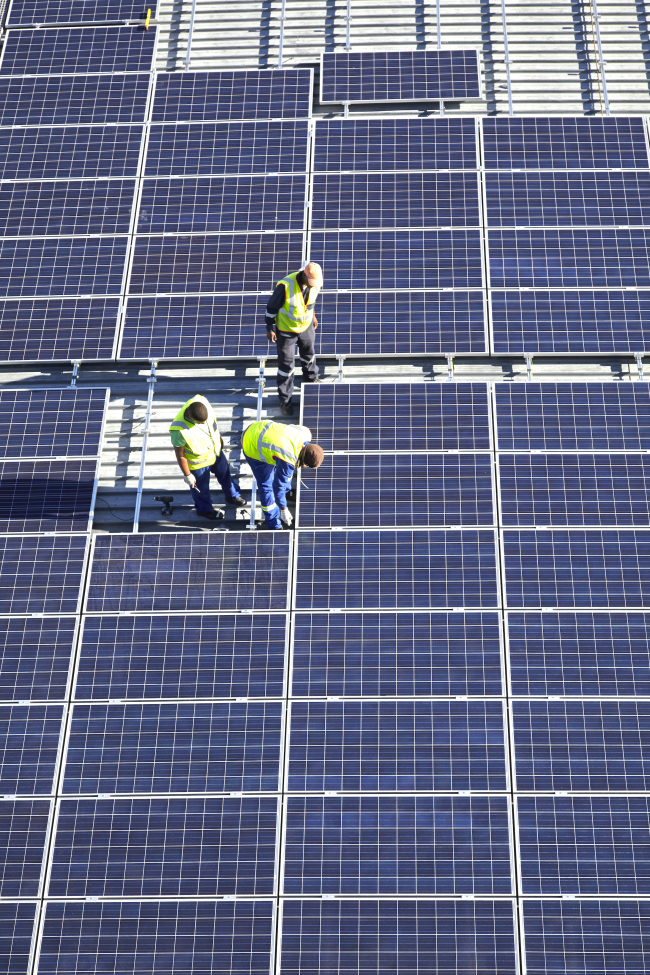South Africa is a leading emerging market in the resource-rich, yet underinvested African continent.
The only African country in G-20 and BRICS, an alliance of five major emerging economies Brazil, Russia, India, China and South Africa, the nation is Korea’s largest trade partner in Africa, with $2.6 billion in bilateral trade last year.
Located at the foot of Africa, its market is increasingly plowed by Western companies, bent on shoring up their logistics capabilities to penetrate the continent.
Despite producing nearly 40 percent of Africa’s entire industrial goods, its economy has grown in the 2 percent range for the last five years, according to Posco Research Institute. It has burgeoning services sectors, and its export is recovering from the 2009 post-crisis dip.
To present investment opportunities and strengthen business ties, a group of South African business promotion agencies came to Korea last week aided by the South African Embassy and the Korea Chamber of Commerce and Industry.
 |
Members of the South African Embassy and business promotion agencies pose at an investment seminar titled “South Africa Open for Business” at the Korea Chamber of Commerce and Industry building in Seoul on Thursday. In the picture are South African Ambassador to Korea Nozuko Gloria Bam (front, third from left) and representatives from Limpopo and Western Cape provinces. (Joel Lee/The Korea Herald) |
“South Africa remains a sound investment destination, presenting lucrative opportunities,” South African Ambassador to Korea Nozuko Gloria Bam said in a speech at the chamber building in Seoul on Thursday.
“We have sound economic policies, a business-friendly environment and regulations, world-class infrastructure, easy access to markets, competitive costs and ease of doing business, cutting-edge technologies, industrial strengths and global competitiveness.”
Noting that her country is Korea’s largest trade partner in Africa and Korea is South Africa’s fourth-largest partner in Asia, the envoy said the two can expand cooperation in the oceans economy through South Africa’s Operation Phakisa initiative, aimed at unlocking the potentials of the sea.
“I am optimistic that the global economy’s future lies with emerging markets and developing countries around the world,” she said. “This places South Africa in a very advantageous position, because it bridges the two worlds. We draw strengths from our rich and diverse culture, ingenious people and belief in a better future.”
Currently, Korean companies and organizations operating in South Africa include Posco, LG Electronics, Hyundai Motor and Hyundai E&C, Samsung Electronics, Handysoft, Daewoo E&C, Hankook Tire, Parts Mall, Hanhwa Corporation, Taihan Electric Wire, Korea EximBank and Korean Government Resources Corporation.
 |
Sundown over a mountain range in Limpopo province, known for its vast bushveld and wildlife reserves. (Eddie Oosthuizen) |
In an interview with The Korea Herald, Solly Kgopong, head of environment and tourism department for the Limpopo Economic Development Agency, said the four main sectors for foreign investment are mining, tourism, agriculture and manufacturing.
The Limpopo province, located at the northeast edge of South Africa, has Musina-Makhado Special Economic Zone and Tubatse Special Economic Zone, which manufacture mining machinery and equipment, hydrogen fuel cells, metallurgical parts, catalytic converters and platinum.
In agriculture, the province produces a rich variety of fruits and vegetables, such as mango, watermelon, apple, avocado, citrus, potato, macadamia nut and tomato.
Limpopo has UNESCO World Heritage Sites, including the Mapungubwe site in the Limpopo Valley that has remnants of the first kingdom of southern Africa between 900 and 1300.
The province’s recreational cluster with home spas and hot springs is ideal for families and children; golf clusters offer 19-hole courses that can be flown to by helicopter; and the adventure cluster has safaris featuring the “Big Five” African animals -- lions, leopards, rhinos, elephants and Cape buffalo.
 |
Wind turbines in Western Cape (Western Cape Investment and Trade Promotion Agency) |
Yaw Peprah, chief business officer for the Western Cape Investment and Trade Promotion Agency, said his province promotes oil and gas, tourism and agri-processing.
“We also encourage investment in real estate development, manufacturing, business process outsourcing, information communications technology and renewable energy,” Peprah noted, mentioning the Atlantis GreenTech Special Economic Zone, specializing in green industrial development and job creation.
According to the New York Times, “South Africa is debating how to replace coal amid a renewable energy boom.”
“Now, dozens of solar plants clustered in the country’s northern reaches and wind farms operating along the southern coast are generating 2.2 gigawatts -- more than what most African nations can produce,” it wrote recently.
Peprah highlighted Western Cape’s tourism assets: Cape Town, the country’s second-largest city after Johannesburg; Robben Island, where the late Nelson Mandela was imprisoned for 18 years during apartheid; and various wineries that produce shiraz, sauvignon blanc, chardonnay and pinot noir, among others.
“We have invested a lot in aquaculture, boat-building and maritime engineering, which are growing sectors in the region,” he added.
 |
Solar panels in Western Cape province (Western Cape Investment and Trade Promotion Agency) |
Ben Mphahlele, managing director of Limpopo Economic Development Agency, said South Africa is a regional leader in the services economy, which makes up 60 percent of gross domestic product.
“We have a sophisticated and well-managed banking system, and our telecommunications infrastructure has continental reach. Our youths are inclined to advanced technologies,” according to Mphahlele.
Underscoring the Black Economic Empowerment policy -- a law designed to empower racially disfavored groups under apartheid such as blacks, Asians and Indians -- the managing director said the law would ensure social stability and boost economic growth.
“As our country comes from a history of decadeslong oppression, there had to be justice by affirming the downtrodden people’s dignity and giving them opportunities to take part in the country’s development,” he said.
With poor people’s advancement, the economy as a whole will grow and society will be more stable, he claimed, adding it will “level the playing field.”
The policy encompasses ownership transfer, business practice, equitable employment and occupational training. It has recently broadened coverage from mining and other public sectors to construction, finance and information technology.
Responding to observations that South Africa has experienced rising labor disputes and political unrest in recent years, Mphahlele asserted they are “healthy” and “ubiquitous” outcomes of global capitalism and of reaching “market equilibrium.”
“South Africa has very strong institutions,” he emphasized, citing the National Economic Development and Labor Council, which resolves disputes between labor, business and the government through negotiation and consensus.
“Any friction or instability is still within our constitutional boundaries,” he said.
By Joel Lee (
joel@heraldcorp.com)










![[Today’s K-pop] Blackpink’s Jennie, Lisa invited to Coachella as solo acts](http://res.heraldm.com/phpwas/restmb_idxmake.php?idx=644&simg=/content/image/2024/11/21/20241121050099_0.jpg)
